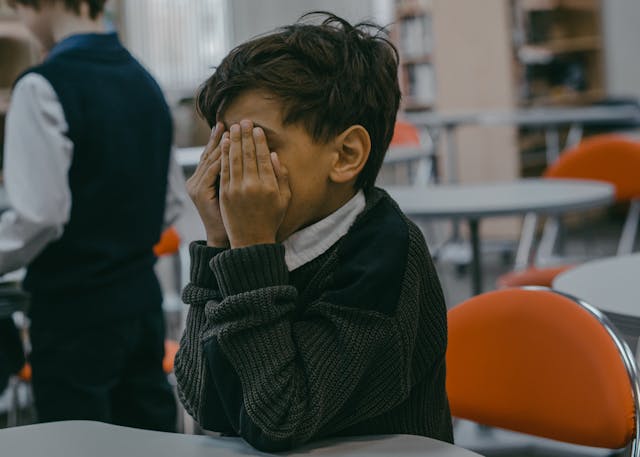Home » News » 2025 » February
News Brief
Feb. 6, 2025 |
By: Mark Moran - Public News Service
Traumatized Iowa kids commit more gun crimes as adults

By Mark Moran - Public News Service
New research by social scientists showed children who suffer traumatic experiences growing up are more likely to use firearms defensively as adults.
Iowa mental health experts said early intervention is key to addressing the problem. The research, done by social scientists are Rutgers University, asked respondents about abuse and neglect they suffered as kids, depression, their levels of social distrust and sensitivity to perceived threats. Then they asked them about their use of guns when they feel threatened.
Lisa Cushatt, executive director of the nonprofit Iowa ACEs 360, an organization working with kids who have experienced childhood trauma, said recognizing a child's triggers early on is critical.
"You and I may not perceive threats that another person does because that's based off of our own perspective and experience," Cushatt explained. "A person who has experienced significant trauma may see threats in setting or ways that you and I don't anticipate or understand."
Cushatt emphasized once people recognize triggers among youth who have been traumatized, it is easier to de-escalate a potentially dangerous situation, reducing the chances the child will use weapons when they feel threatened as adults.
Cushatt added the early intervention not only shortcuts potentially dangerous situations for children and those around them but reduces the cumulative effect of traumatic experiences over time. She noted while the field of research is fairly new, social scientists are learning there are lots of factors bearing on what children carry with them into adulthood, and school settings are critical.
"In Iowa, I think schools are increasingly doing more to understand the science behind adverse childhood experiences and trauma, and understanding how things in the school setting may impact kids who've experienced trauma," Cushatt observed.
Cushatt stressed because school officials better understand triggers, they can develop response strategies and de-escalation techniques to handle potentially dangerous situations. The research was published by the National Library of Medicine.
![]()






